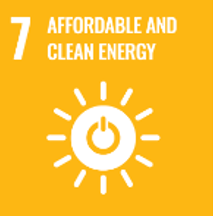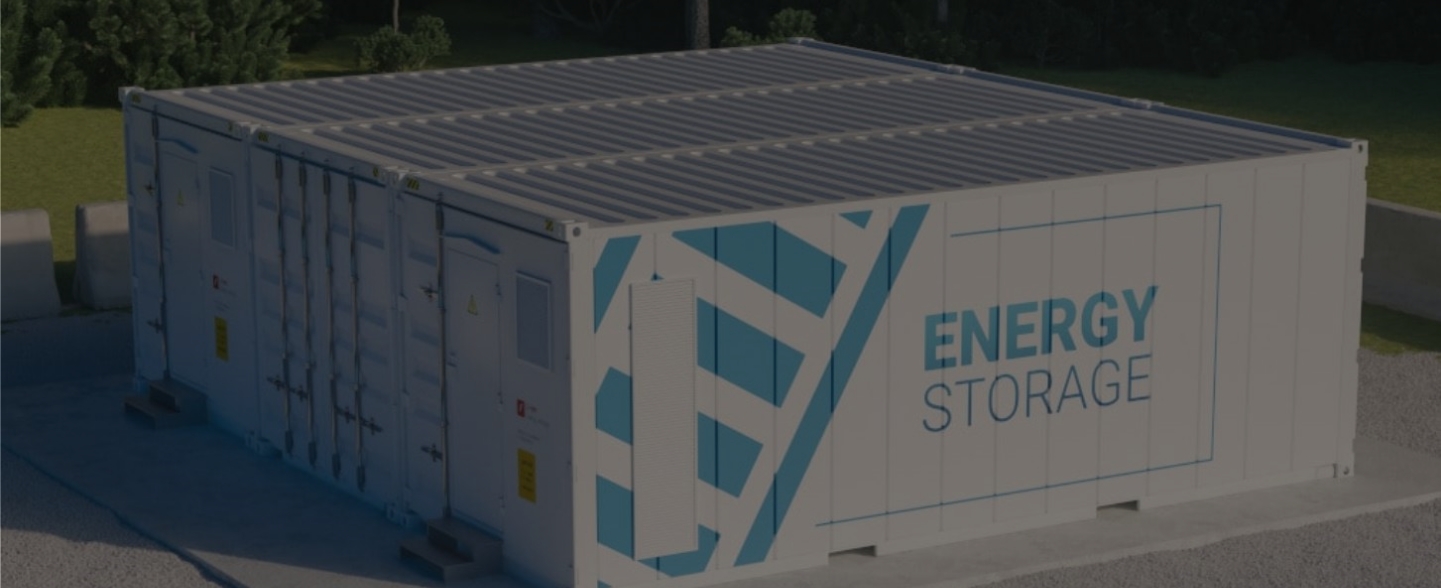-
Own indicator
Energy storage systems are the future of zero-carbon energy and the basis of the green transition facing the Polish power sector. Especially, their task will be to balance the power system in the face of generation variability. This is due to the growing share of renewable sources in the National Power System.
800 MW
by 2030
With energy storage systems and pumped storage power stations, which are also electricity storage facilities, it will be possible to balance electricity demand with energy produced from wind and photovoltaic farms, the output of which is dependent on weather conditions. In this way, PGE Group plans to ensure the energy security of its customers in a future zero-carbon energy sector.
In December 2020, PGE launched Poland’s first electricity storage system using Tesla Powerpack modules in Rzepedź in the Podkarpacie region.
In July 2021, PGE Energia Odnawialna launched its next energy storage system with a power rating of 500 kW and a usable capacity of 750 kWh on Żar Mountain in the Silesian voivodeship. The installation was built next to the company’s first photovoltaic farm. The investment was carried out as part of a research and development project and will serve to research the use of energy storage in PGE Group’s business activities.
PGE’s Energy storage system in Żarnowiec
PGE’s energy storage project in Żarnowiec with a capacity of more than 200 MW, on a unique scale in Europe, has been granted Poland’s first concession promise for storing electricity in a large-scale electrochemical energy storage system. The promise was issued by the President of the Energy Regulatory Office in July 2022. Before that – in June 2022 – the project was granted a decision on environmental conditions, which is a necessary and extremely important step for continuing the project work.
The construction of the large-scale Battery Energy Storage System (BESS) next to the Pumped Storage Power Plant (ESP) Żarnowiec with a power rating of no less than 200 MW and capacity of more than 820 MWh is one of the largest projects of its type in Europe.
The project aims to combine the existing ESP Żarnowiec with a rating of 716 MW with BESS with a rating of no less than 200 MW and capacity of over 820 MWh. This innovative hybrid setup with a power rating of at least 921 MW and capacity of more than 4.6 GWh, which corresponds to the capacity of the largest conventional units in Poland, will be capable of providing a full range of regulatory system services, providing “restoration” of the power system and supplying electricity to approx. 200,000 households for a period of at least 5 hours (given an average load of 5kW per household).
The planned BESS was entered in the Capacity Market register in the first quarter of 2022 and the on-going project work resulted in obtaining the conditions for connecting it to the transmission grid. In addition, BESS will perform technical and commercial balancing for unstable renewable energy sources, i.e. onshore and offshore wind farms and photovoltaic farms owned by PGE Group.
The project is located approx. 10km from the Baltic Sea, where PGE holds three location permits for the construction of offshore wind farms with a total capacity of 3.5 GW. PGE Group’s “Lotnisko” wind farm with a capacity of approx. 100 MW and the potential to add a further 140 MW, including large-scale PV farms, is situated some 30km from ESP Żarnowiec and the planned energy storage system. All of these PGE Group assets will be connected to the National Power System through the 400/110 kV substation Żarnowiec located some 2km from ESP Żarnowiec and BESS and the 400 kV substation Choczewo, which is being built for offshore wind farm purposes in the vicinity (approx. 15-20km) of the Żarnowiec substation. Connecting these units within one area of the National Power System will make it possible to integrate green electricity produced by these assets and will enhance their flexibility and controllability.
The Group's strategic objective in the field of energy storage is to have 800 MW of new energy storage systems in Poland by 2030. These installations will ensure safe system integration of new renewable energy sources, contribute to the stabilisation of the power system and enhance the country's energy security. The energy storage project in Żarnowiec is in line with the objectives of the European Green Deal in terms of better integration of electricity from RES and reducing the use of high-carbon conventional units




